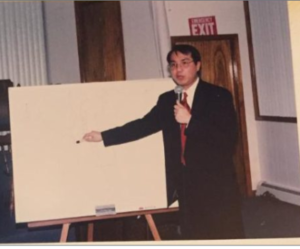
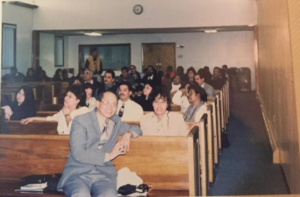
“According to the Centers of Disease Control and Prevention, cigarette smoking is the leading cause of preventable disease and death in the Unites States accounting to nearly half a million deaths every year.
Cigarette smoking is more lethal, more dangerous than any prescription drug, and it is more addicting.”
Source: Manila Bulletin (Feb 6, 2019)
FHEDA Trains Kids to Say No to Smoking
Jersey City, New Jersey- “Train up a child in the way he should go and when he is old he will not depart from it.” This has been the basis in the anti-smoking message campaign to kindergarten, launched sometime ago by FHEDA at Lake Nelson, SDA School in Piscathaway, New Jersey, USA.
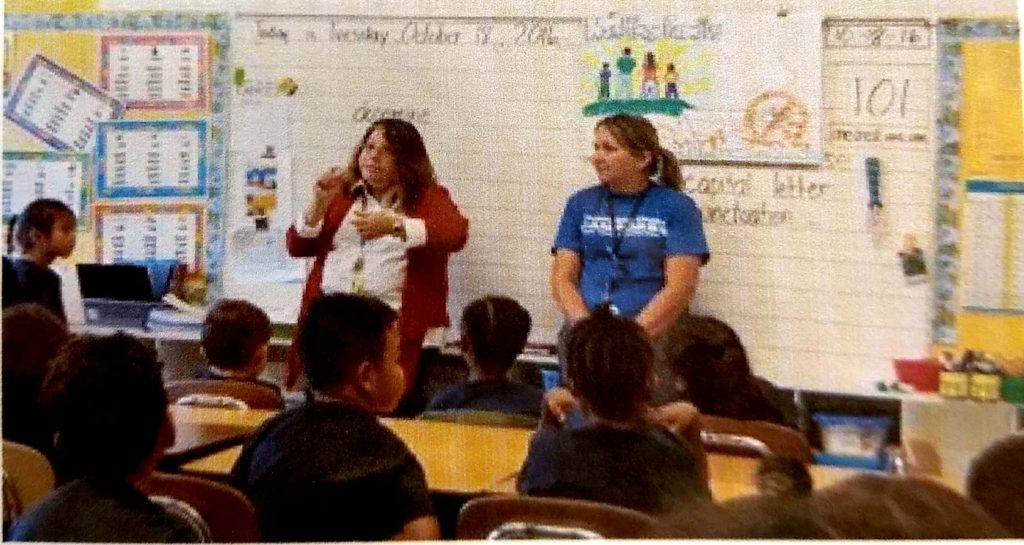
Considering that the formative years of the child is from one to six years old, FHEDA finds it fitting and proper to begin teaching the kindergarten pupils on the dangers and harmful effects of smoking in order to prepare them to say “No to Smoking” when tempted. FHEDA, based in New Jersey , and a proponent of the project, Tobacco-free Education for Kindergarten, is committed to deepen public awareness on the dangers of smoking, alcoholism,drug abuse and HIV/AIDS.
Chen Herbolingo, FHEDA resource lecturer is a nurse who showed outgoing concern, and passion for children. With effortless ease, she loves to share character-building stories to children as she drives home some salient points. Coupled with an action song, kids were all eyes and ears to her gestures, and video presentation depicting smoking as something to hate and shun.
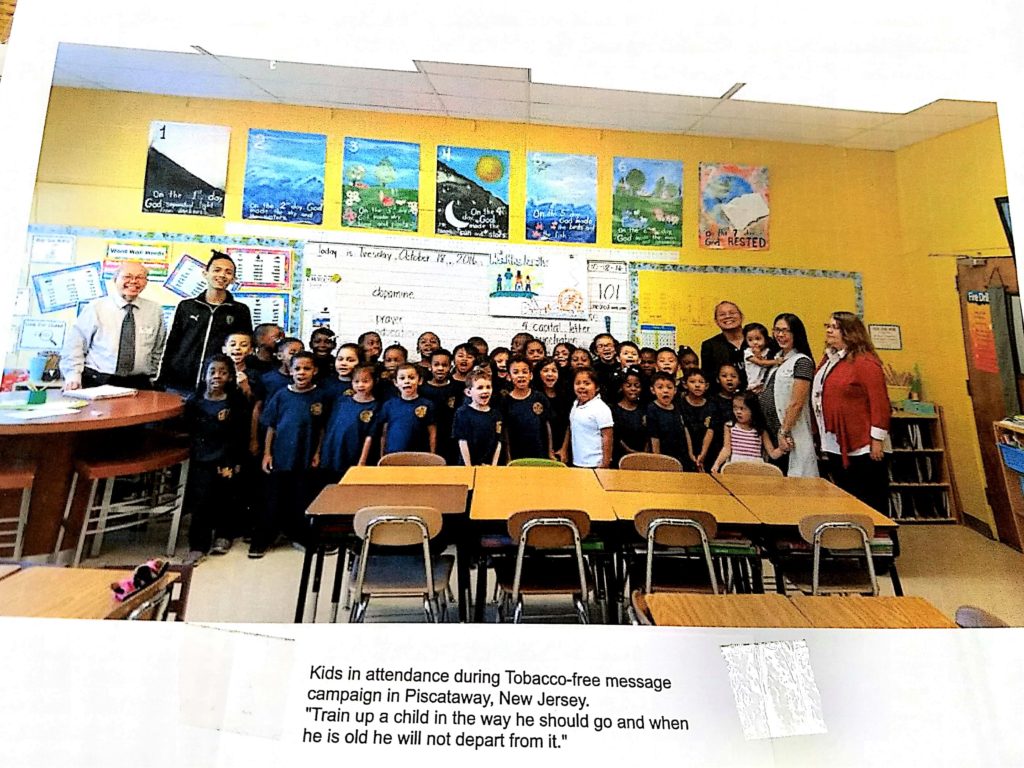
Feedback and personal testimonies from among 38 little kids in attendance revealed their own effort and experience as they tried to question, convince their smoking grandparents, parents and loved ones at home to quit smoking. Some of their words may fall on deaf ears, but now loaded with more updated facts and information they are more open and vocal to complain to smokers they may come in contact with.
“We can wish these little kids for a life of usefulness and tap FHEDA as instruments for a smoke-free environment even in their own homes.” says Manny Mullaneda, president of FHEDA. “If we can keep the children from smoking cigarettes, their chances of becoming drug abusers are extremely low. Smoking opens the door to drug dependency problem”, he added.
Stories and testimonies piled up about matured people who tried to quit the smoking habit, but many of them experienced relapses and were back to old smoking lifestyle. Experts lay the blame on nicotine content on tobacco which is very addictive. The saying that “Once tasted always wanted”, can be countered by catering to those who have not tasted smoking- the kindergarten pupils during their formative years. – By Manny Piedad Mullaneda.
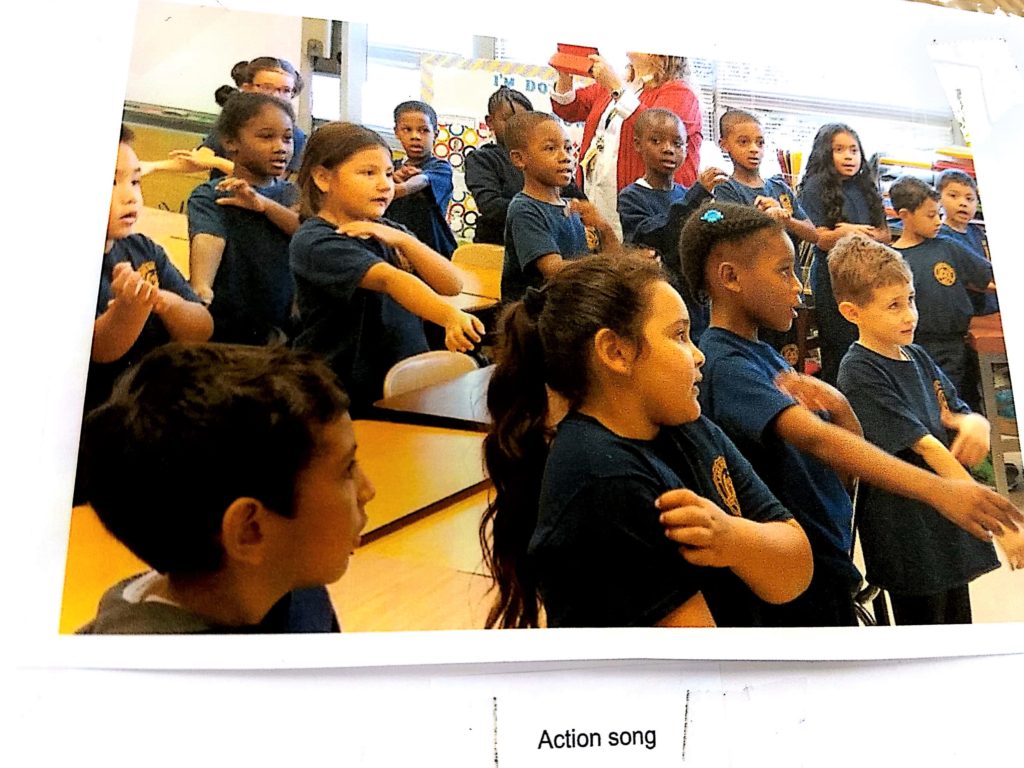
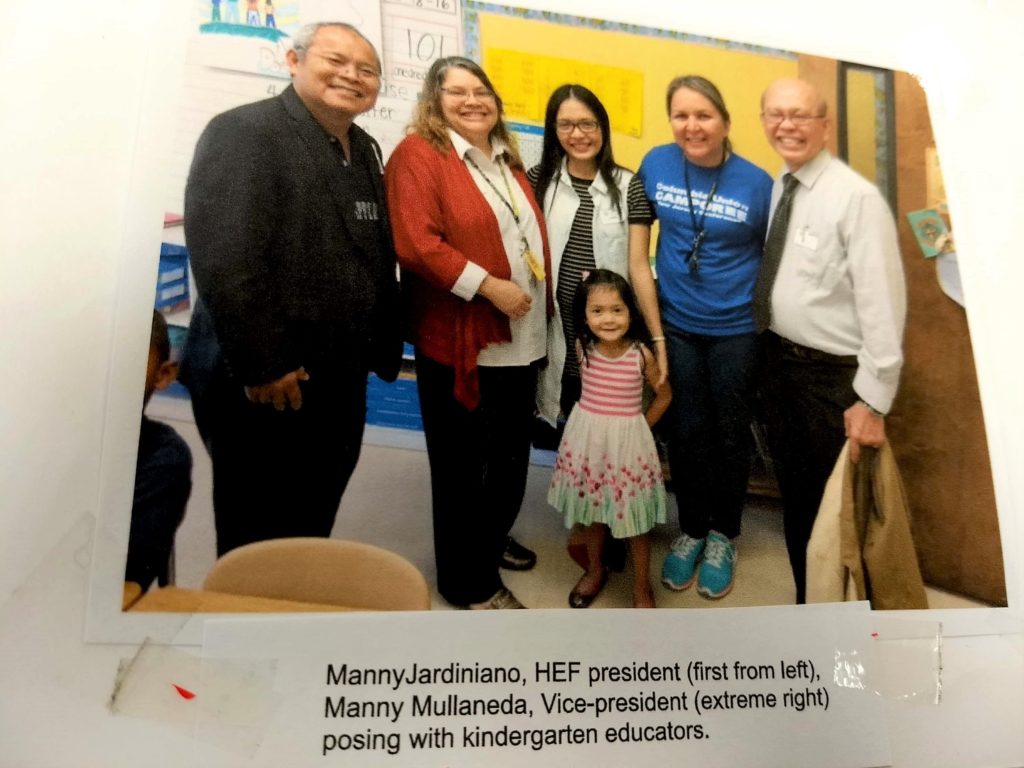
TOBACCO-FREE EDUCATION FOR KINDERGARTEN/KIDS: Teens usually start smoking at age 13 through 17. They should not have done it had they been informed earlier on the hazard of smoking. People who are hooked into the smoking habit find it very hard to quit because of nicotine that is addictive as heroin.
The best time to start the smoke free message campaign is when the child has not tried smoking yet. The kindergarten level is an ideal time for the child to learn smoke-free education considering that ages 1 through 6 belong to child’s formative years. “Train up a child in a way he should goo, and when he is old, he shall not depart from it.” (Proverb 22:6). The moment the child learns the harmful effects of smoking and its second-hand or side-stream smoke, he is more open and vocal to complain to smoking parents and other house-hold members, and persuade them to quit smoking.
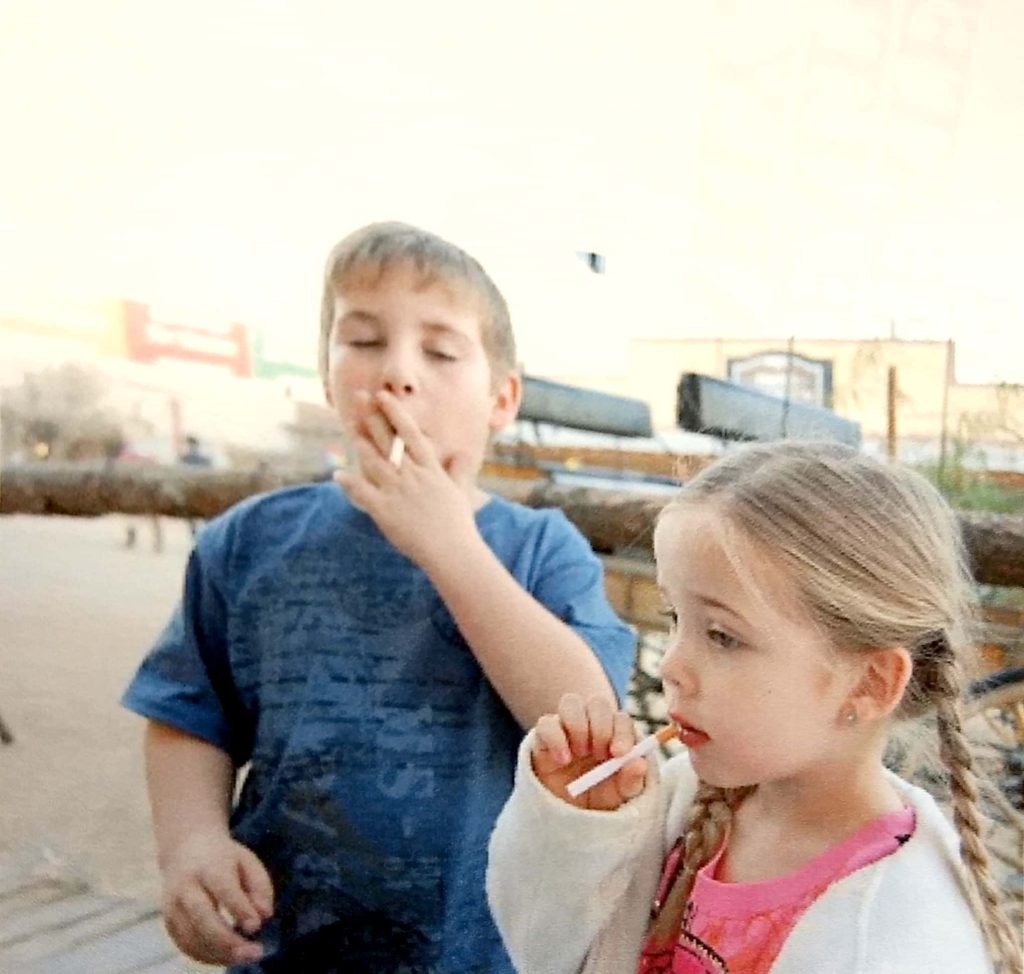
” A five-year old boy, Daniel on Christmas has asked for just one gift from his mother: he wanted her to stop smoking. On January 1, 1997, “I gave it to him.” mother Ellen says, ” I quit.” (Readers Digest, What You Don’t Know About Second-hand Smoke, 1997 issue).
The project “Tobacco-free Education for Kindergarten / Kids” is an approach to condition the mind of kids and prepare them to say “No to Smoking”. The project intends to cover kindergarten and elementary schools. One advantage is that the target beneficiaries are already grouped in class, instead of going to child’s home. The project serves kids regardless of color, creed, race, social and economic status- teaching them not to smoke.
